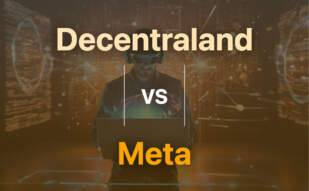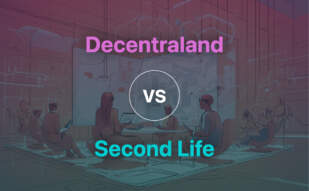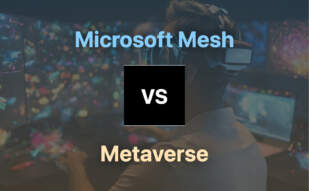Decentraland, a user-governed, Ethereum-based VR platform offers digital property ownership, a parallel economy, and actionable gaming possibilities. While Metaverse, spearheaded by Meta, infers a universal digital realm, comprising multiple 3D worlds, powered by VR and AR. For blockchain enthusiasts, creatives, or business owners seeking a matured platform, Decentraland fits; others envisioning a broader, future-focused VR experience may lean towards the Metaverse.
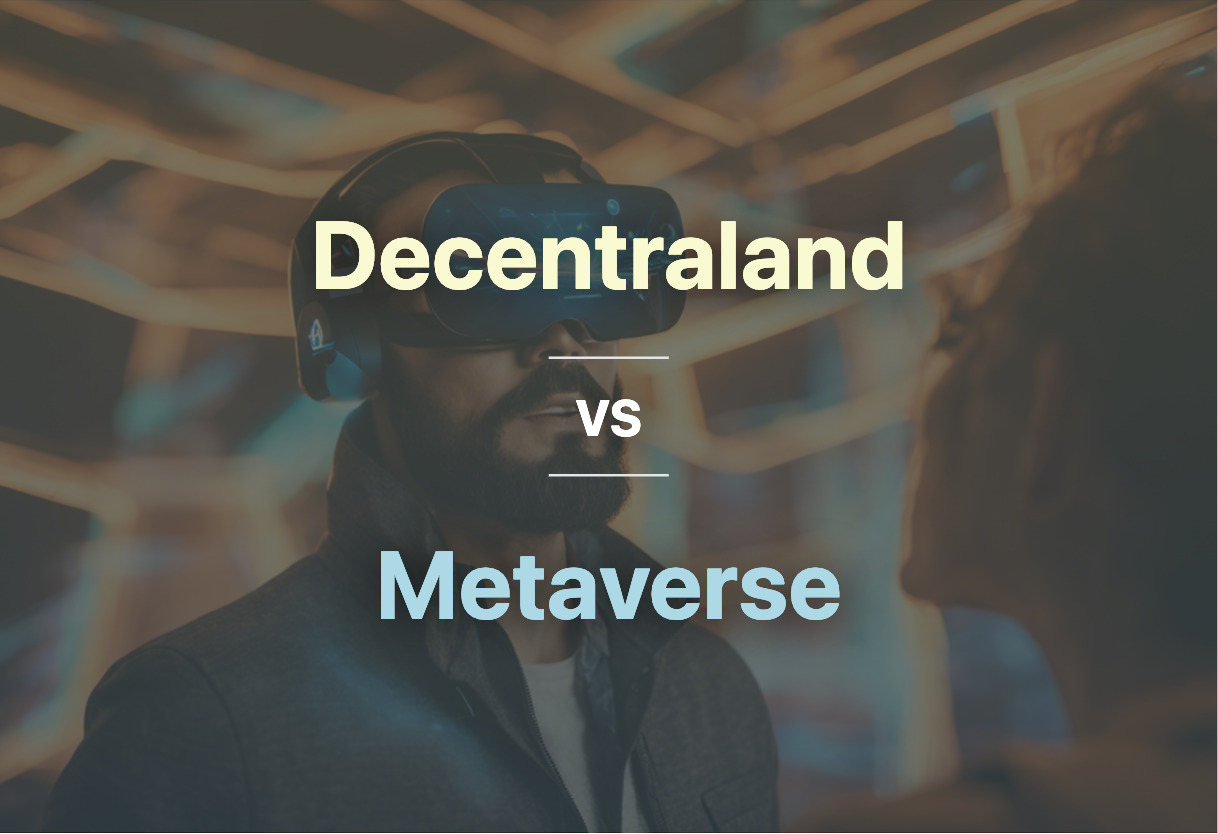
Key Differences Between Decentraland Metaverse
- Decentraland, active since 2015, offers ownership of virtual land through its native token, LAND. Metaverse, however, currently envisions a virtual 3D universe brigaded with multiple virtual realities.
- Decentraland houses its economy with the MANA token, whereas Metaverse incorporates potentially a diverse consortium of blockchain and non-blockchain entities.
- Interactivity in Decentraland focuses on app creation, art trading, and user-generated experiences; Metaverse aims to be a broader immersive internet territory, exploiting VR and AR applications.
- Decentraland is directed by its user community via DAO, setting its own policies and decisions; Metaverse’s governance system remains undefined, settling under Meta’s stewardship presently.
| Comparison | Decentraland | Metaverse |
|---|---|---|
| Concept | 3D virtual world platform, Ethereum-based, user-controlled | Immersive 3D internet concept incorporating VR and AR experiences |
| Development | Started in 2015 by Ari Meilich and Esteban Ordano | Concepts dating back to 1938, latest development by Facebook (Meta) in 2021 |
| Economic Model | Parallel economy with native tokens LAND and MANA | Likely incorporation of Blockchain and NFTs |
| User Engagement | Avatar-based interaction, creation of unique environments | Expected to comprise numerous 3D worlds for consumers, industries |
| Special Features | Emotes 2.0, 7th version of SDK for usability, performance | Investment in VR, haptic technology and other advancements |
| Capabilities | Purchasing art, trading, learning; exploration of user-generated scenes | Expected to target consumers and various industries |
| Availability | Available for users with Ethereum cryptocurrency wallet | Yet to be launched |
What Is Decentraland Who’s It For?
Decentraland, founded by Argentine professionals Ari Meilich and Esteban Ordano, is a 3D virtual world platform, founded on Ethereum blockchain. The platform offers a user-controlled reality, with avatars as conduits for interaction and exploration. Two native tokens, LAND (representing digital land parcels) and MANA (in-world currency), set its parallel economy in motion, thrusting its community of users into roles of landowners and creators.
Services range from learning at Decentraland University to trading in Bartertown, and even purchasing digital art. Landowners can monetize the experiences created within this platform. Notably, users need to have Ethereum cryptocurrency wallets to open accounts, underpinning the platform’s strong blockchain orientation.

Pros of Decentraland
- Parallel economy facilitated with tokens
- Ability to monetize user-created experiences
- Opens doors to social activities, gaming, and attending virtual events
Cons of Decentraland
- Presence of technical bugs
- Perceived as a mostly empty virtual world
- Requirement of Ethereum cryptocurrency wallet to open accounts
What Is Meta and Who’s It For?
Meta, formerly Facebook, brought an abuzz with longing for a Metaverse: an immersive 3D internet concept. The notion hinges on VR and AR experiences, with potential contributions from blockchain and NFTs to harmonize commerce and interoperability. This envisions distinct 3D environments for consumers and industries, amplifying the depths of virtual experiences.
Engaging from sci-fi literature to ground-breaking projects like Sensorama, the Sword of Damocles, and VPL Research, the metaverse idea has morphed over the years. Current strides embody virtual collaboration platforms like Microsoft Mesh and commercial partnerships like Siemens and Nvidia.
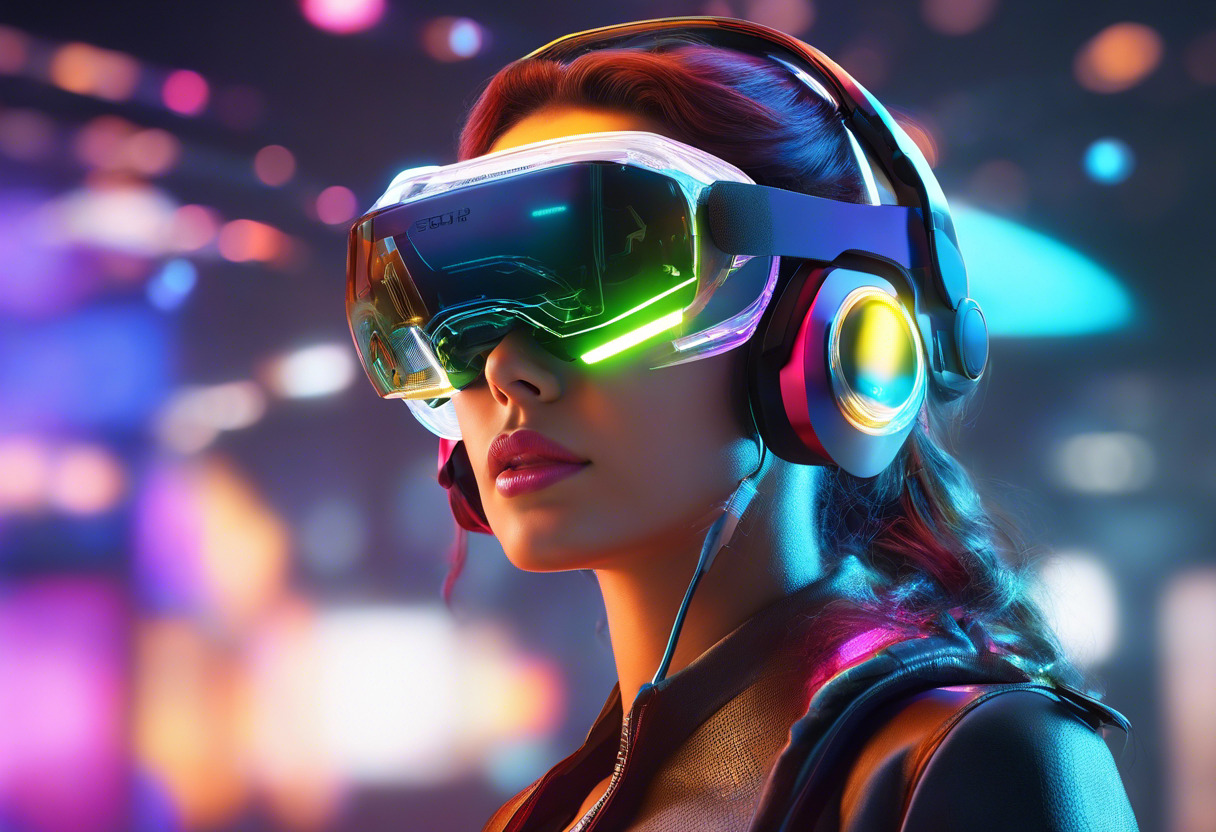
Pros of Meta
- Backed by significant investments (evidently, $10 billion by parent company)
- Partnerships with technology frontrunners
- Pioneered development of VR, AR, and haptic technologies
Cons of Meta
- Majority of concepts still in developmental phase
- Potential challenges with interoperability
- Privacy concerns due to parent company’s history
The Ultimate Choice: Decentraland vs Metaverse – Verdict Time
After examining both Decentraland and Metaverse, we can conclude that the choice is largely dependent on user profile and preferences.
Developers & Innovators
For those with a stronger background in blockchain and AR/VR, Decentraland offers unique benefits with an in-world economy, token transactions, and the capacity to create customized apps. Its solid user-governance and the option to monetize experiences make it appealing for a developer.

Tech Enthusiasts & Game Makers
Metaverse, on the other hand, presents compelling opportunities for tech enthusiasts and game makers alike with a broad vision of an immersive 3D internet space. The exciting developments on VR, AR and haptic technologies promise more immersive experiences
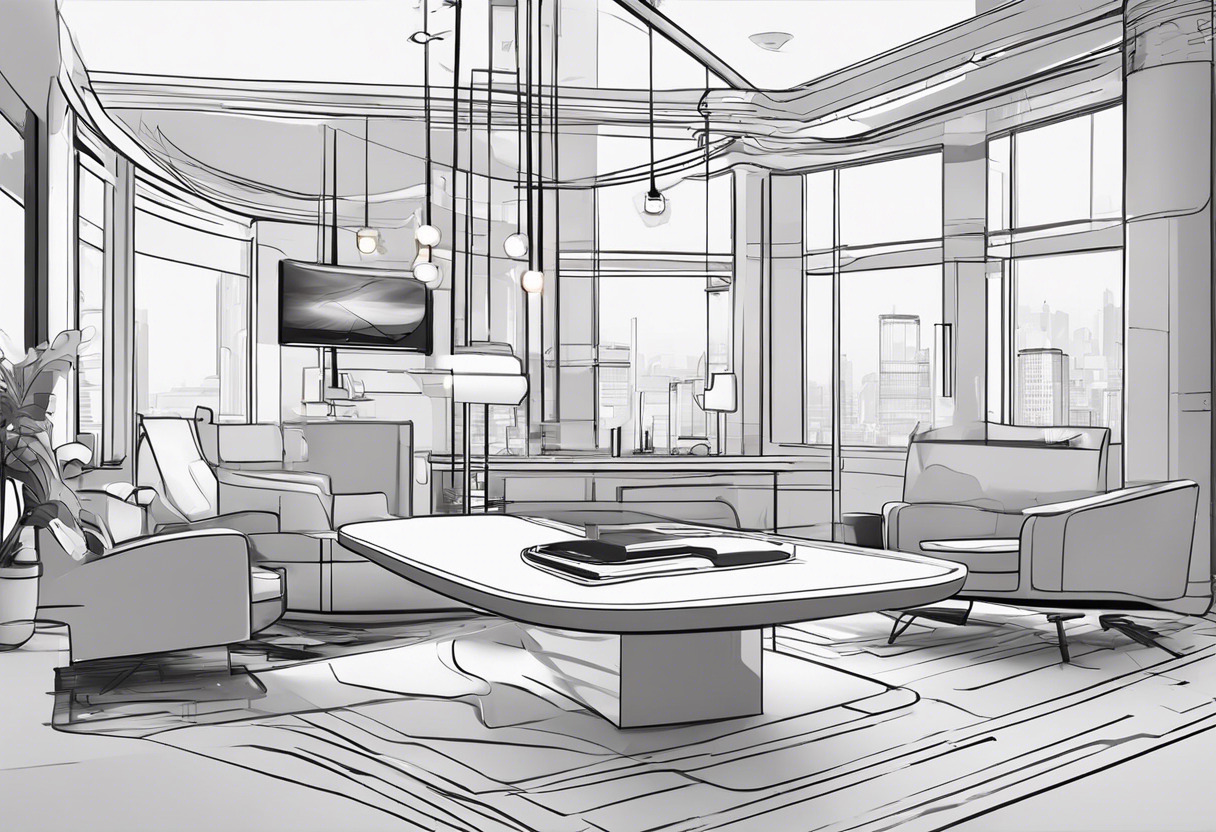
Enterprises
In the business realm, both the platforms offer substantial opportunities. However, with big brands like Nike and Tommy Hilfiger exploring retail opportunities in the Metaverse, it presents a clear advantage for enterprises looking to tap into extensive marketing opportunities within the immersive online space.
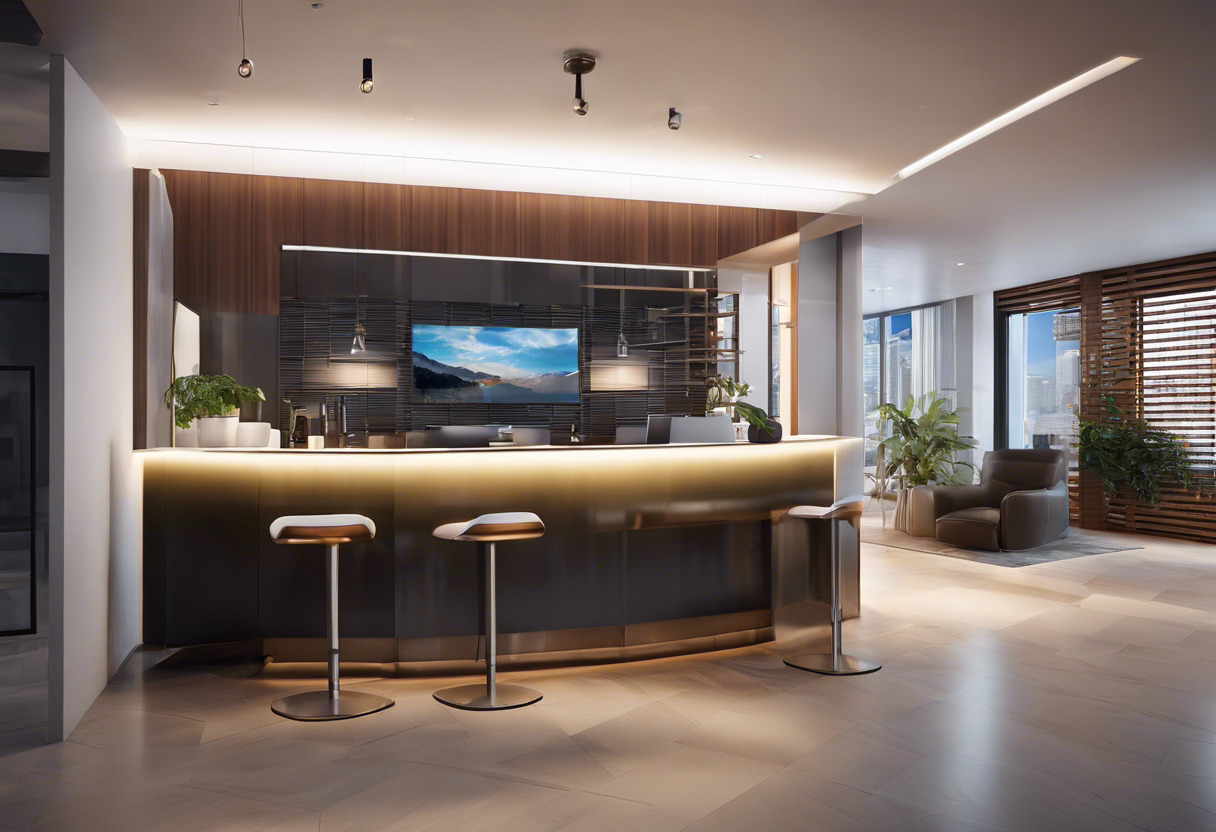
When comparing Decentraland and Metaverse, Decentraland holds a stronger position for developers seeking blockchain integration and monetization capability, while Metaverse shows massive potential for those aiming for broader immersive experiences and massive corporate engagement.
Tiffany Brise
Content writer @ Aircada, patiently awaiting a consumer AR headset that doesn’t suck.



